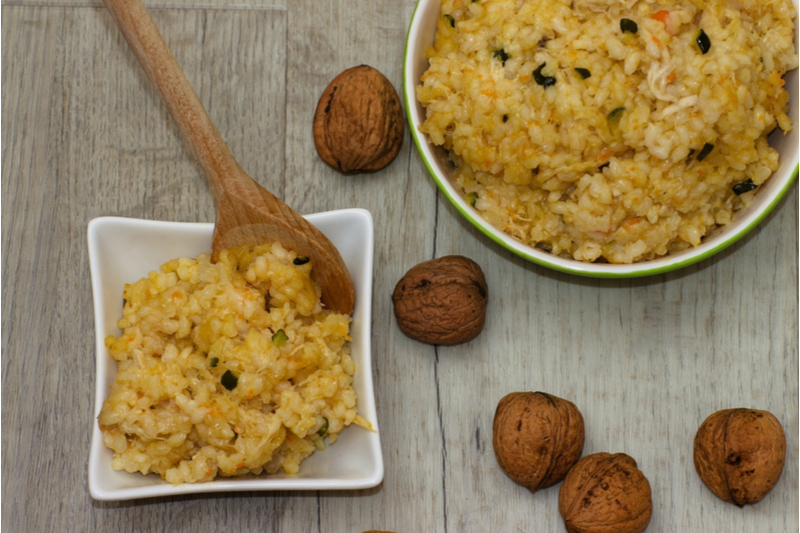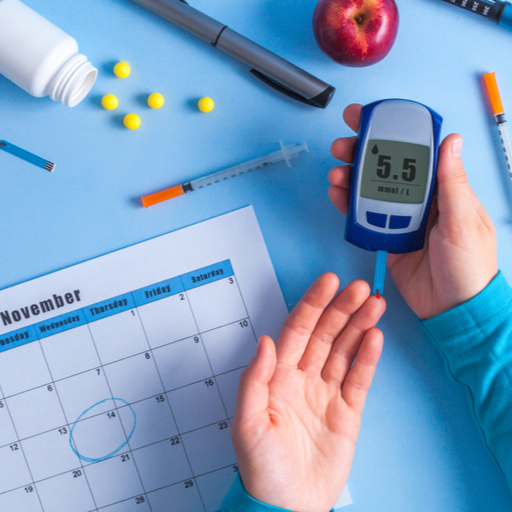Amidst the ocean of thoughts that cross your mind daily, it is important to acknowledge the feelings that drive your emotions. We all associate with feelings of happiness and elation. However, it is equally important to experience negative emotions such as guilt, regret, anger, frustration, jealousy and the like, instead of negating it and staying in denial. This is where mindfulness comes into play.
Here’s what you need to know:
- What is mindfulness?
- How to practice mindfulness?
- How can mindfulness help you manage diabetes and weight?
What is mindfulness?

Mindfulness is the ability to stay in the present moment and be aware of our activities, thoughts, feelings in particular, and our surroundings in general. Mindfulness-Based Stress Reduction (MBSR) emphasises the interactions between the body and the mind. It helps develop a sense of non-judgemental consciousness towards your feelings, fight depression, stress and anxiety, and paves the path for overall wellbeing.
How to practice mindfulness?
Mindfulness is simply an extension of practising meditation. It can be practised anywhere and at any time. Sit straight in a comfortable position and let your hands rest on your lap. Close your eyes, take deep breaths and try to process your thoughts. The whole intention of mindfulness is for your body and mind to reach a state of relaxation.
Mindfulness also defines how mental, emotional, spiritual, social, and behavioural factors affect health. MBSR also plays a significant role in improving chronic illnesses including diabetes weight gain, glycaemic control, and blood pressure control.
How can mindfulness help you manage diabetes and weight?
Eating and drinking mindfully is the most underappreciated effort behind managing diabetes. Take a look at some of the tactful ways to control diabetes weight gain:
- Slow consumption of food

You can work your way around this in many ways. Food is a blessing; so, cherish each morsel that you consume. If you eat food slowly, you can cherish the flavour. You can also try putting down your spoon or fork in between bites to savour the taste of the food and prevent overeating. In doing so, you not only relish that particular food, but you also gain control over the quantity of your intake since the taste lasts long in your mouth.
- Avoid distractions

Practice monotasking. Avoid watching television, surfing social media on your smartphone, reading, or talking while eating your food. Fully channel your attention to your meal. Avoid eating while you are on the go, otherwise, you will consume more than you intended to.
- Reduce portion size

Eating from a small plate psychologically tricks you into eating less. This is especially helpful for diabetes weight loss, improvement in cholesterol, blood sugar levels, and blood pressure. Avoid taking a second helping, unless it is for more green vegetables.
Switch to a healthy diet

Keep healthy foods in sight, so that when you get hungry, instead of eating oily snacks, you can consume healthy fruits. Air-popped popcorns and nuts are also healthy foods.
You can use our Blood Sugar Level Calculator to manage your blood sugar level. For more information on fitness and nutrition, visit the Activ Living Page.





 1800-270-7000
1800-270-7000











